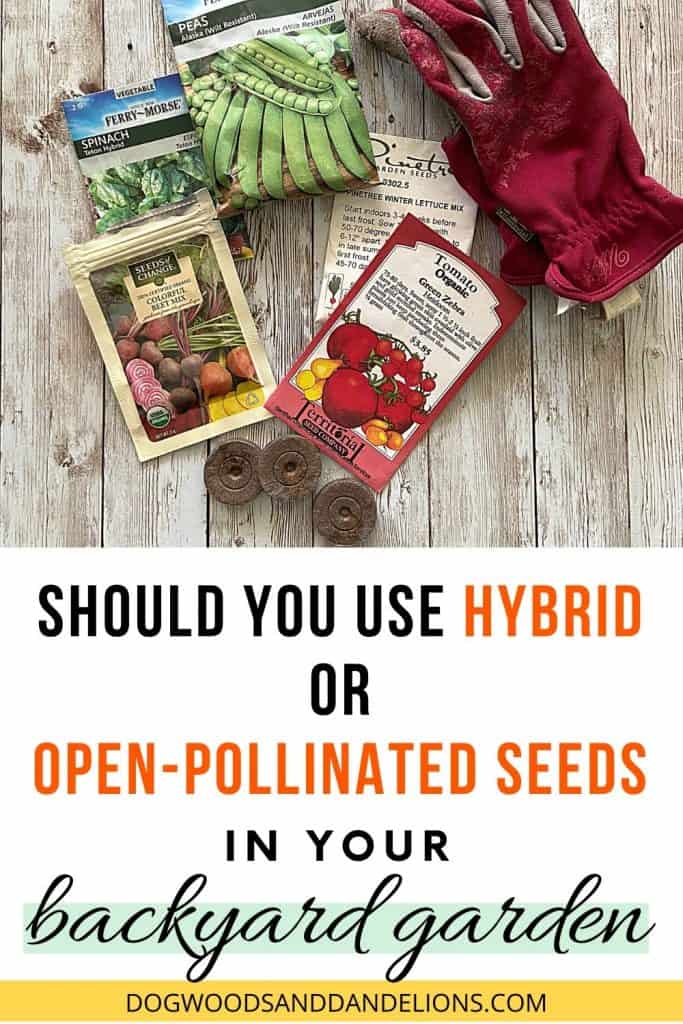Hybrid Vs. Open-Pollinated Seeds
Preview: When looking through a seed catalog, you often see the term hybrid or open-pollinated. But what do these terms mean? This post will explain the difference between hybrid vs. open-pollinated seeds so you can select the right seeds for your garden.
What Do Hybrid, Open-Pollinated, and Heirloom Actually Mean?
Before we delve into whether you should choose hybrid vs. open-pollinated seeds for your garden, we need to define what these terms mean.
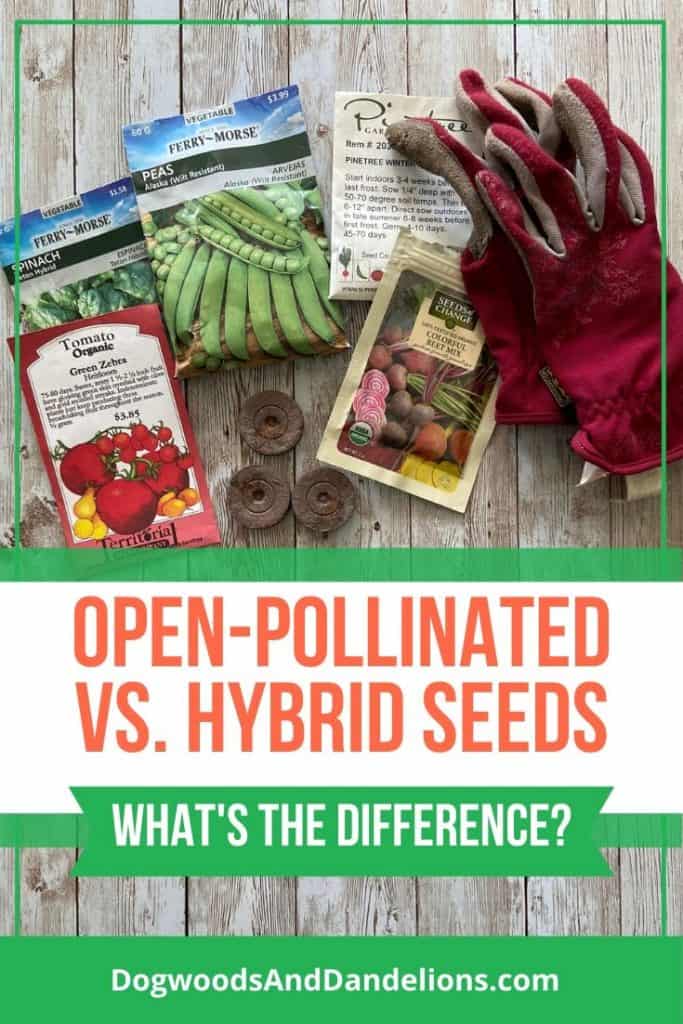
What are Open-Pollinated Seeds?
Open pollinated seeds are seeds that will produce plants genetically similar to the parent plant. If you plant Kentucky Wonder green beans and save the seeds, you will get Kentucky Wonder green beans when you plant the seeds next year.
The one caveat is that some varieties need to be isolated (planted away from other varieties) so they don’t cross-pollinate themselves. Corn in particular has to be isolated.
What are Heirloom Seeds?
Heirloom plants and seeds are open-pollinated varieties that have been passed down from generation to generation.
Some seed companies have decided on a set number of years old a plant has to be to be considered an heirloom. (For many companies, this is 50 years.) Others base the designation on just the history of the variety.
Seeds saved from heirloom varieties will grow to look just like the parent plants.
What are Hybrid Seeds?
Hybrid plants are created when two open-pollinated varieties are crossed to form a new variety of the same plant. Hybrids are often bred for desirable traits like greater size, better disease resistance, higher yields, or improved vigor.
Breeders take the best qualities of two different varieties and cross pollinate them to try to produce plants that contain the desired traits the breeders are seeking.
They use this selective breeding to create new types of plants with desirable characteristics such as disease resistant varieties or vegetables with improved nutritional value. It can take a long time to actually develop new hybrids.
Keep in mind that cross pollination is a natural process that occurs in nature all the time. It’s called natural selection. Basically, hybrids are mixed breeds.
While the seeds of hybrids can be saved, the resulting seeds will not necessarily produce the same variety of fruit the following year. The genetics of hybrids are not stable.
And sometimes, saved hybrid seeds may produce an inferior product. The resulting plants from a second generation of hybrid seeds may have misshapen fruit, lack of flavor, less disease resistance, or less vigor.
Not being able to save seeds is a big disadvantage of using hybrids. You will need to buy new seeds every year if you want to be sure you grow the same kind of plant.
However, if you do decide to save seeds of hybrid plants, you can still use them. Just be prepared that the next generation of vegetables and fruits may not look or taste exactly the same as what you grew the year before. They are perfectly safe to eat though!
Seeds of hybrid plants are often designated as F1 (meaning first generation) seeds in seed catalogs.

Are Hybrid Plants & GMO Plants the Same Thing?
I want to stress that HYBRID is not the same as GMO (genetically-modified organism)! A hybrid crosses two VARIETIES of the same plant (two carrot varieties for instance) while GMO means the genetic makeup of the plant has been modified in a laboratory.
GMO may mean that a plant has had genes from animals included. This is not the cross-breeding that occurs in nature. (source: The Non-GMO Project)
Please also note that you can find both hybrid and open-pollinated ORGANIC seed!
Benefits to Choosing Open-Pollinated Varieties
There are many benefits to choosing open-pollinated (OP) varieties. First, you can save seeds from year to year, thus reducing your gardening costs.
By keeping the best seeds each year, the plants gradually adapt to your particular growing conditions and climate. As each year passes the plants are better able to resist the stressors of your area.
Even if you are purchasing seeds, open-pollinated varieties may be cheaper as only one distinct strain of genetics has to be maintained.
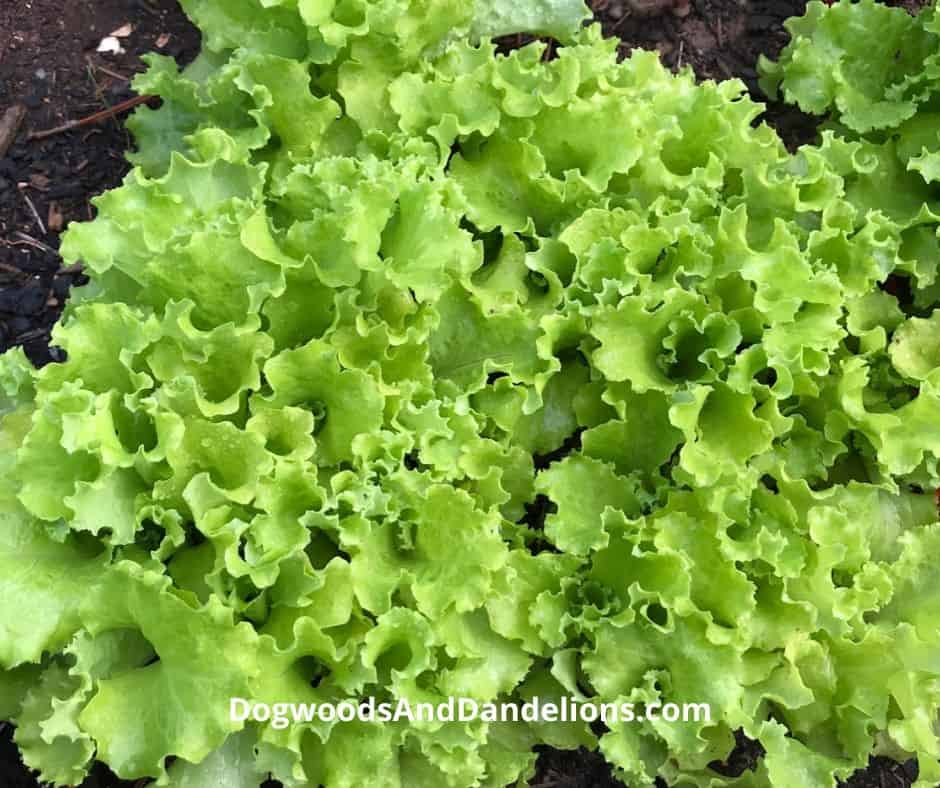
Another benefit to open-pollinated plants is that the flavor of many of these varieties is vastly superior to their hybrid kinds. Many hybrids were bred for commercial production so they were selected to be uniform and hold up well during transport.
However, nowadays, with the resurgence in gardening, many plant breeders are doing a better job of taking flavor into consideration when coming up with new hybrid fruits and vegetables.
Benefits to Choosing Hybrid Seeds
Hybrid seeds can be a good choice, especially for a new gardener. Hybrid vegetables generally produce more per acre than OP varieties. So they are often the best choice for home gardeners with limited space available to grow a garden.
Besides a higher yield, hybrid plants also offer disease resistance that a lot of OP varieties don’t have, so new gardeners may find more success using hybrid seeds.
And for new gardeners, having success is important. I don’t want you wasting time and energy on a mediocre garden. You might get frustrated and give up.
And if you have a short growing season, there are hybrid varieties of some crops that are bred to reach maturity faster. By using hybrid seeds, you can sometimes grow crops you wouldn’t otherwise be able to!
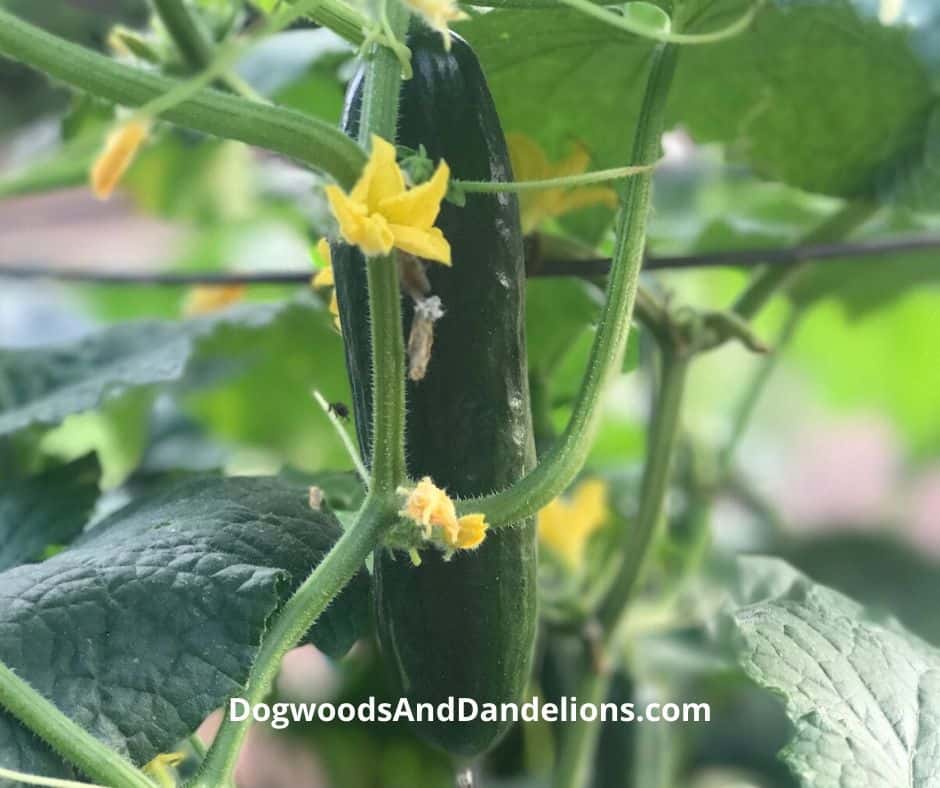
Hybrids also come in colors and sizes that you just can’t always find in open-pollinated varieties. If you are trying to expose your children to new and exciting vegetables, a different color may be just what they need to decide to taste it.
For instance, there is a yellow-orange cauliflower on the market (Cheddar) that is a hybrid but may appeal to kids more than the plain white variety. (But it still tastes like cauliflower. – You’ll have to add your own cheese!)
Another example is those mini lunchbox peppers. They are so tasty and sweet and so easy to pack. But almost all varieties of those peppers are hybrids.
And don’t forget, those seedless watermelons we all love to enjoy every summer. They are hybrids too!
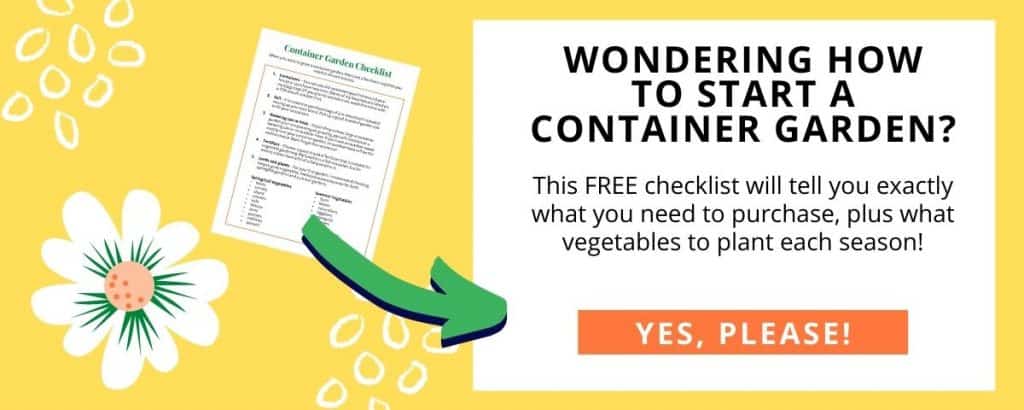
My Take on Hybrids vs. Open-Pollinated Varieties
So what do I think about hybrid vs. open-pollinated varieties? I think you should grow BOTH!
If you have room for two tomato plants choose 1 hybrid and 1 open-pollinated variety. (If you only have room for one, I would go for a hybrid variety. You’ll get more tomatoes that way!)
For instance, in my garden, I grow Clemson Spineless Okra every year. It is an open-pollinated heirloom variety that grows relatively trouble-free in my southern backyard.
But I have a difficult time with powdery mildew in my garden so I grow a hybrid cucumber (County Fair is one of my favorites.) each year so that I can ensure a good harvest.
I usually grow a mix of hybrids and open-pollinated tomatoes. There is room for both in the garden!
So Which Should You Choose?
If this is your first year or two growing a garden, I would probably stick with hybrid or mostly hybrid seeds. The same goes for those of you who only have a small garden space. You’ll likely find more success and harvest more produce from your hybrid varieties.
If you have been growing hybrids but want to try your hand at a few open-pollinated varieties, I recommend starting with tomatoes, peas, lettuce, or beans. OP varieties of these crops abound and most are easy to grow in your backyard garden.
So it really is a personal preference when choosing hybrids vs. open-pollinated seeds for your garden. For further reading about choosing seeds for your garden, my posts on Understanding a Seed Catalog and How to Choose the Vegetables to Grow in Your Garden should be helpful.
